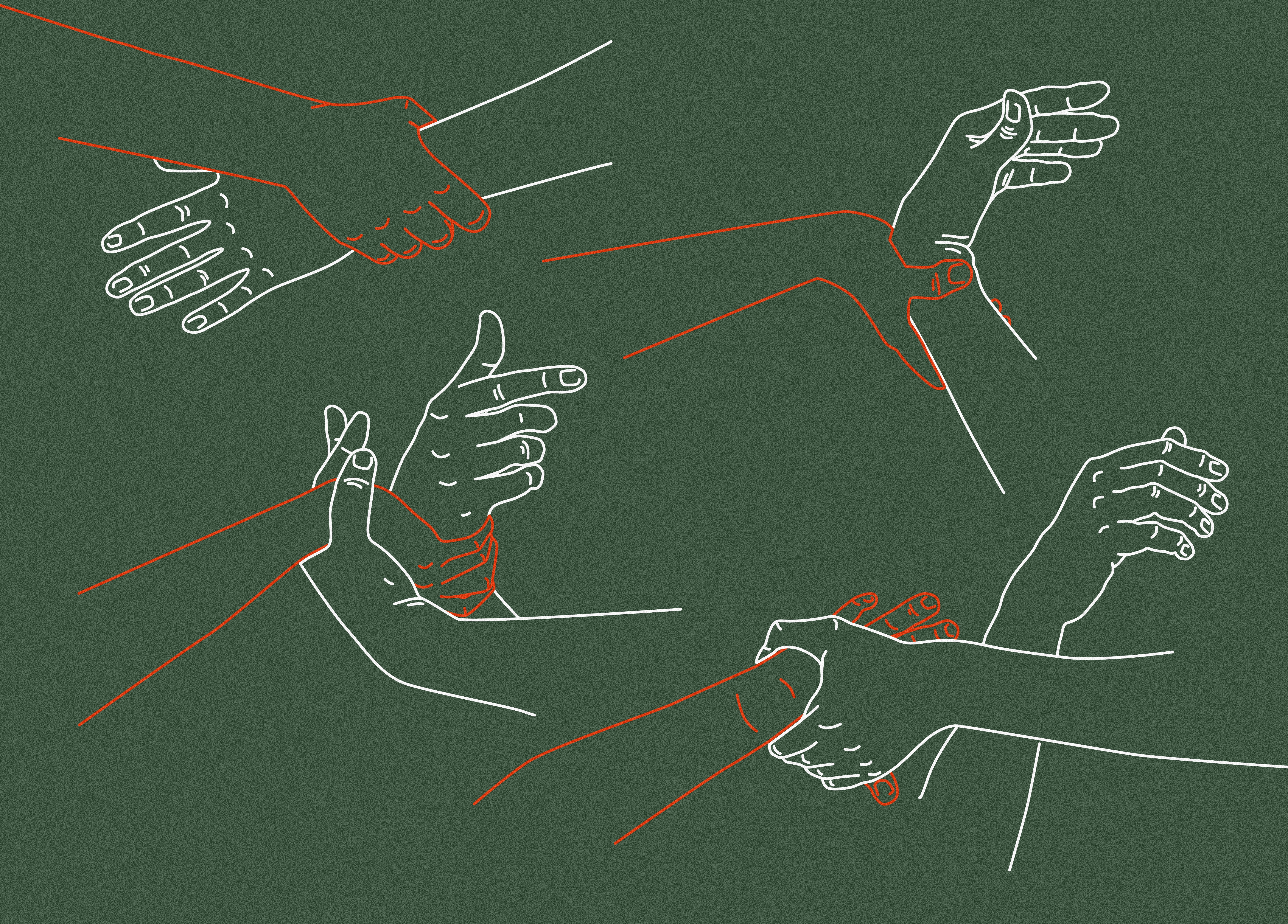For many femme New York residents, navigating the city alone can be terrifying, especially for femmes of color. Simple tasks such as waiting for a bus or standing on a train platform often come with unwelcome advances from strangers.
Some New School students are all too familiar with instances of street harassment. Second-year Lang student Susie Fordi shared an experience in Union Square.
“I was going to the gym and this guy crossed me and completely cut me off. It was honestly terrifying, even though I was in the middle of a busy public place. I thought he was gonna grab me and I was on the phone with my dad who heard the guy talking to me. I just didn’t know what to say to him,” Fordi said.
Isabelle Khoo-Miller, a second year Lang student, noticed the pervasiveness of street harassment and decided to start a series of self defense and assertiveness classes on campus.
77 percent of women and 34 percent of men have experienced verbal sexual harrasment, while 50 percent of women and 15 percent of men report physically agressive harrassment, according to a national study by Stop Street Harassment, a non-profit that documents street harassment.
“We know that harassment is a regular issue, you need to provide your students with preparation and tools to actually help them,” Khoo-Miller said.
Khoo-Miller’s first workshop took place on Friday, Oct. 4 in the University Center basement. With 13 people in attendance, the first class was overseen by Natalie Gross, the director of the Office of Civic Engagement and Social Justice (CESJ).
“Its social justice in the sense that you are demanding your care, you are demanding your respect,” Gross said. “You’re taking space for yourself, you are asserting yourself in the world, you are showing folk that you belong here and that you aren’t to be messed with, you are not to be oppressed, and you will not participate in people’s individual oppressions.”
Khoo-Miller decided to begin teaching self defense and assertiveness on campus after taking two classes in their hometown of San Francisco following a trip to Singapore. They recalled noticing feeling safer in Singapore than in New York.
“I was in Singapore this summer for a month and the laws are super strict, like, it’s really safe there. I found myself not worrying about my safety. I was just upset at how they were treating me and how they were looking at me,” Khoo-Miller said. “I pretty much was experiencing similar harassment but without the threat to my physical safety, so I had this uninhibited anger.”
Khoo-Miller’s workshops operate in stages. The first stage is assertiveness training and role play. Khoo-Miller would bring students up individually and re-enact real life scenarios where students felt like personal boundaries had been crossed. These scenarios included correcting someone who consistently misgendered them, getting harassed on a train platform, being stared at, workplace harassment and more. Khoo-Miller would then teach students how to correct behavior for assertiveness.
These role-play scenarios were facilitated by Khoo-Miller themselves and second year Lang student, Antwan Patton. Patton played the role of the aggressor and students would take turns establishing their boundaries with him.
“At first it was [uncomfortable] but then I was like it’s in their best interest to help them, you know, prepare, be ready for that kind of stuff,” Patton said.
Natasha Rivera, assistant director of the CESJ office, was staff support for the self defense classes. As a New York native, Rivera noticed how susceptible younger people were to street harassment, especially in an urban environment.
“I think it’s always good to be prepared for thinking about how can you assert your boundaries in the best way possible. To make sure that you feel safe, you’re creating a safe environment around you,” Rivera said. “I saw Isabelle create a welcoming environment that was able to have everyone be engaged, as well as meet everyone where they were at in terms of their comfort level, like potentially thinking about moments that are dangerous [and] could be triggering for some folks.”
The next phase involved demonstrating techniques that could be used in the case of a physical attack. Students were taught how to knee someone in the groin and gouge an attacker’s eyes. Khoo-Miller and Patton went around the room allowing each student to practice an attack on them. Afterward, Khoo-Miller began demonstrating floor exercises, teaching students how to get out of a pinned down position.
Finally, Khoo-Miller brought students up individually to practice integrated role play wherein they created scenarios in which a verbal attack turned physical.
“I saw everyone really taken care of each other in the space, but it was really clear that not everyone knew each other in the space. So I love to see when that happens, when the communities kind of naturally gravitate towards each other and hold the space that everyone needs,” Rivera said.
Khoo-Miller held a second workshop in the Stuyvesant Park residence hall on Oct. 18 with seven people in attendance. They are currently working on organizing other workshops in different dorm halls in the future.
“I have these tools and I just need to share them you know? It will save people’s lives to know this stuff. And it’s not hard — everyone can know it and everyone should know it. What I teach in these workshops is for everyone,” Khoo-Miller said. “This is something that I can offer, you know? Give people the tools to protect themselves.”







